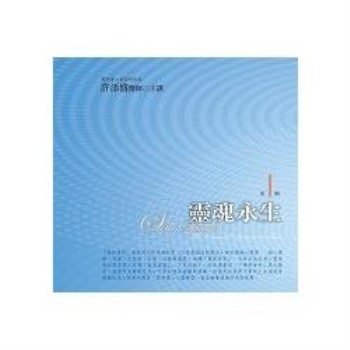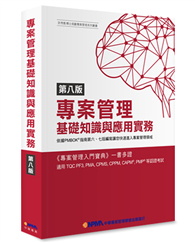The essays in this volume take stock of recent scholarly developments and revisit old assumptions about the significance of Augustine of Hippo for political thought. They do so from many different perspectives, examining the anthropological and theological underpinnings of Augustine’s thought, his critique of politics, his development of his own political thought, and some of the later manifestations or uses of his thought in the Middle Ages, the Renaissance, and today. This new vision is at once more bracing, more hopeful, and more diverse than earlier readings could have allowed.
| FindBook |
有 1 項符合
Augustine And Politics的圖書 |
 |
Augustine And Politics 作者:Doody 出版社:Lexington Books 出版日期:2005-04-19 語言:英文 規格:精裝 / 360頁 / 23.9 x 15.5 x 3.6 cm / 普通級 |
| 圖書館借閱 |
| 國家圖書館 | 全國圖書書目資訊網 | 國立公共資訊圖書館 | 電子書服務平台 | MetaCat 跨館整合查詢 |
| 臺北市立圖書館 | 新北市立圖書館 | 基隆市公共圖書館 | 桃園市立圖書館 | 新竹縣公共圖書館 |
| 苗栗縣立圖書館 | 臺中市立圖書館 | 彰化縣公共圖書館 | 南投縣文化局 | 雲林縣公共圖書館 |
| 嘉義縣圖書館 | 臺南市立圖書館 | 高雄市立圖書館 | 屏東縣公共圖書館 | 宜蘭縣公共圖書館 |
| 花蓮縣文化局 | 臺東縣文化處 |
|
|
圖書介紹 - 資料來源:博客來 評分:
圖書名稱:Augustine And Politics
|











